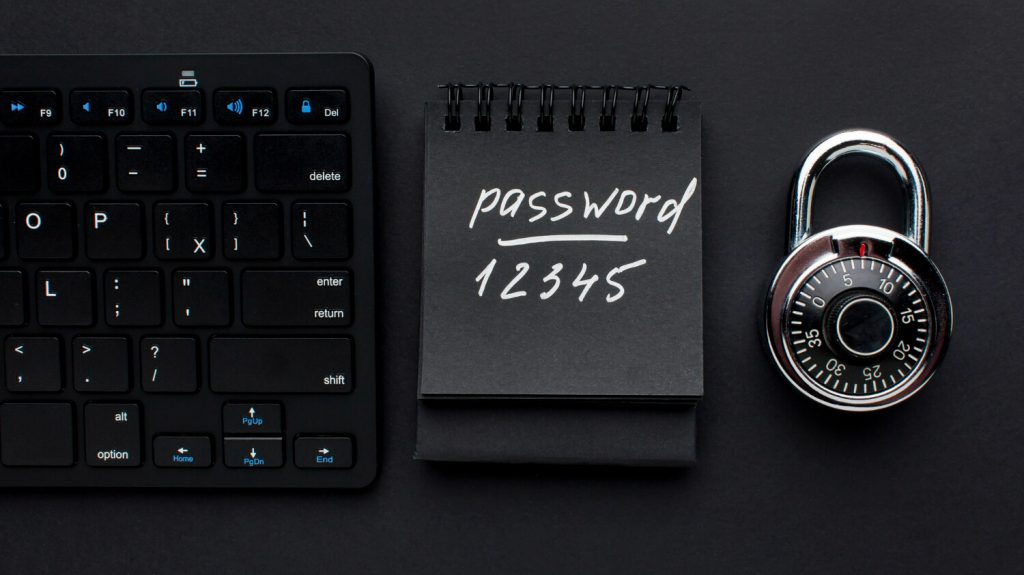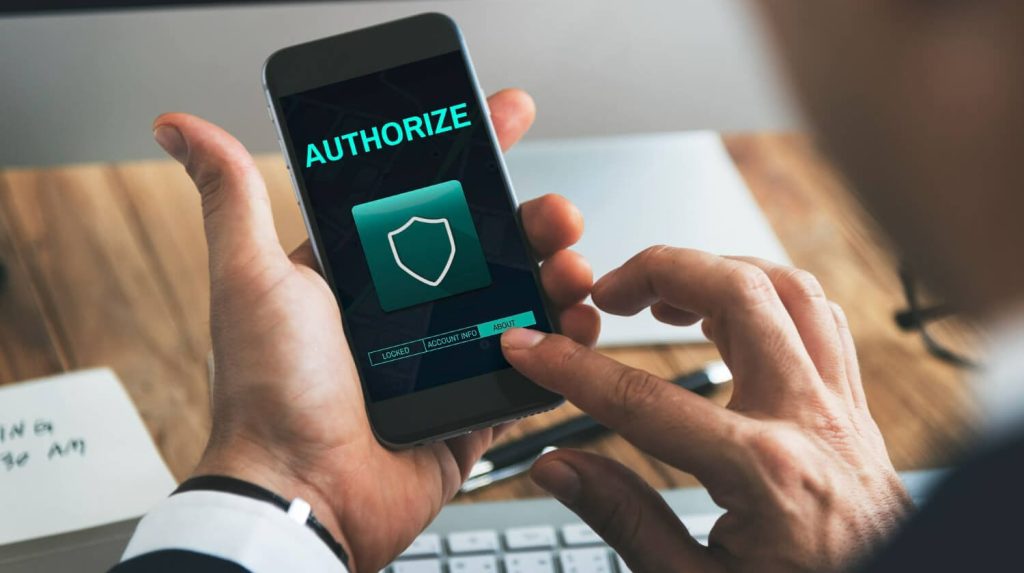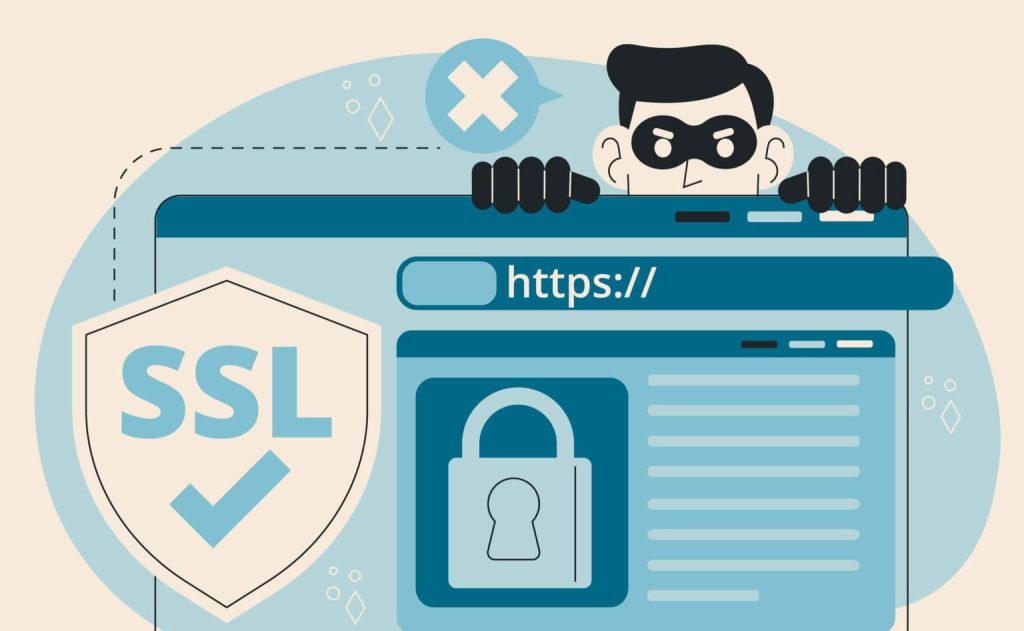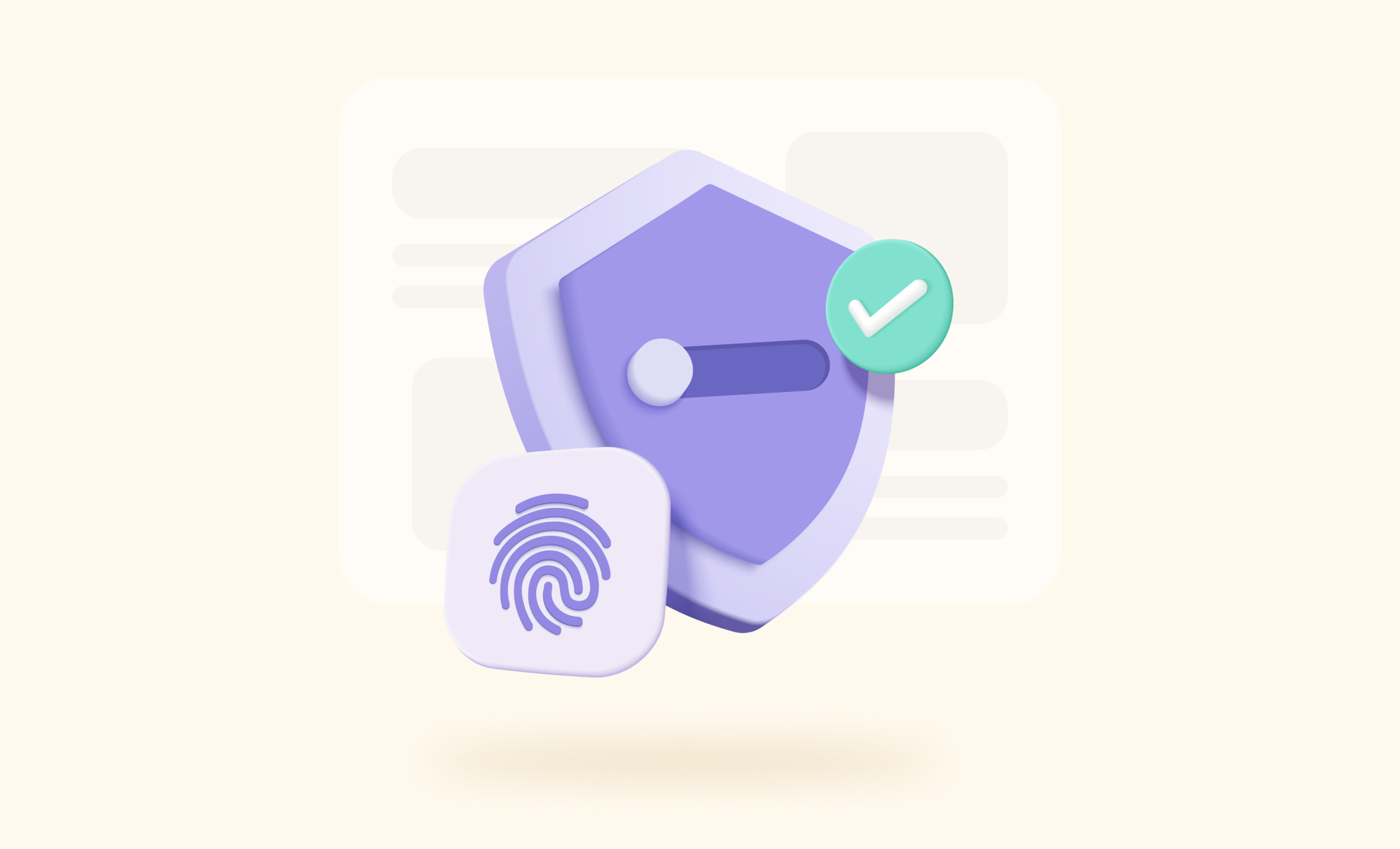Website security has become a major concern for businesses and individuals alike, as cyber threats continue to rise. Hackers are always on the lookout for vulnerabilities that they can exploit to gain unauthorized access to websites and steal valuable data. In this blog, we’ll share the top security tips to protect your website from potential cyber attacks. By following these best practices, you can ensure that your website remains secure and your data is protected. Securing your website from hackers is of paramount importance in today’s digital landscape. By implementing these top security tips, including using strong passwords, keeping your website and plugins updated, enabling two-factor authentication, using HTTPS and SSL certificates, and regularly backing up your website, you can significantly enhance your website’s security. Don’t wait until it’s too late – take proactive steps to safeguard your website and protect your valuable data from potential cyber threats!
Wondering why it’s crucial to choose an agency for professional website and app development? Dive into our blog that explores the benefits of working with an agency like us and how it can elevate your digital presence.
Use Strong and Unique Passwords
One of the most basic yet crucial steps in securing your website is using strong and unique passwords. Avoid using common words, predictable patterns, or easily guessable information. Instead, opt for passwords that are a combination of uppercase and lowercase letters, numbers, and special characters.

Additionally, use a different password for each website account, including admin accounts, FTP accounts, and email accounts. Regularly update your passwords and avoid using the same password across multiple accounts to minimize the risk of a password-related security breach.
Keep Your Website and Plugins Updated
Another important security measure is to keep your website’s CMS and plugins up-to-date. Outdated software contains vulnerabilities which hackers can exploit to gain unauthorized access to your website.

Regularly check for updates and security patches for your CMS platform, plugins, themes, and other software used on your website. Make sure to apply updates promptly to stay protected against known security vulnerabilities.
Enable Two-Factor Authentication
Two-Factor Authentication (2FA) provides an extra layer of security to your website accounts. It requires users to provide a second form of verification, such as a temporary code sent to their mobile device or email, in addition to their password.

Enabling 2FA for all website accounts, especially admin accounts, can significantly reduce the risk of unauthorized access even if the password is compromised.
Use HTTPS and SSL Certificates
Encrypting data transmitted between your website and its visitors is crucial to protect against eavesdropping or tampering by hackers. Using HTTPS and SSL certificates can provide this encryption.

HTTPS (HyperText Transfer Protocol Secure) encrypts data transmitted over the internet, while SSL (Secure Sockets Layer) certificates validate the authenticity of a website. Install an SSL certificate on your website and ensure that all data transmitted through your website is encrypted to enhance security.
Regularly Backup Your Website
Backing up your website regularly is a critical practice to mitigate the risk of data loss or website compromise. Create and store backups of your website’s data and files securely. Consider using offsite storage or cloud-based solutions for added protection.

Test the backups to ensure they can be successfully restored when needed. Having reliable backups can help you quickly recover from a security breach or any other unforeseen event.
In conclusion, website security is an ongoing process that demands constant attention and vigilance. By implementing the top security tips we’ve discussed, you can significantly enhance your website’s security and protect your valuable data from potential cyber attacks. Use strong passwords, keep your website and plugins updated, enable two-factor authentication, use HTTPS and SSL certificates, and regularly back up your website to minimize the risk of data breaches and other cyber threats.
Remember, a secure website is crucial to maintaining the trust of your customers and safeguarding your online reputation. By taking proactive steps to safeguard your website, you can stay ahead of cybercriminals and reduce the likelihood of successful attacks. So, don’t wait until it’s too late; start implementing these best practices today to protect your website and your business from potential threats.

